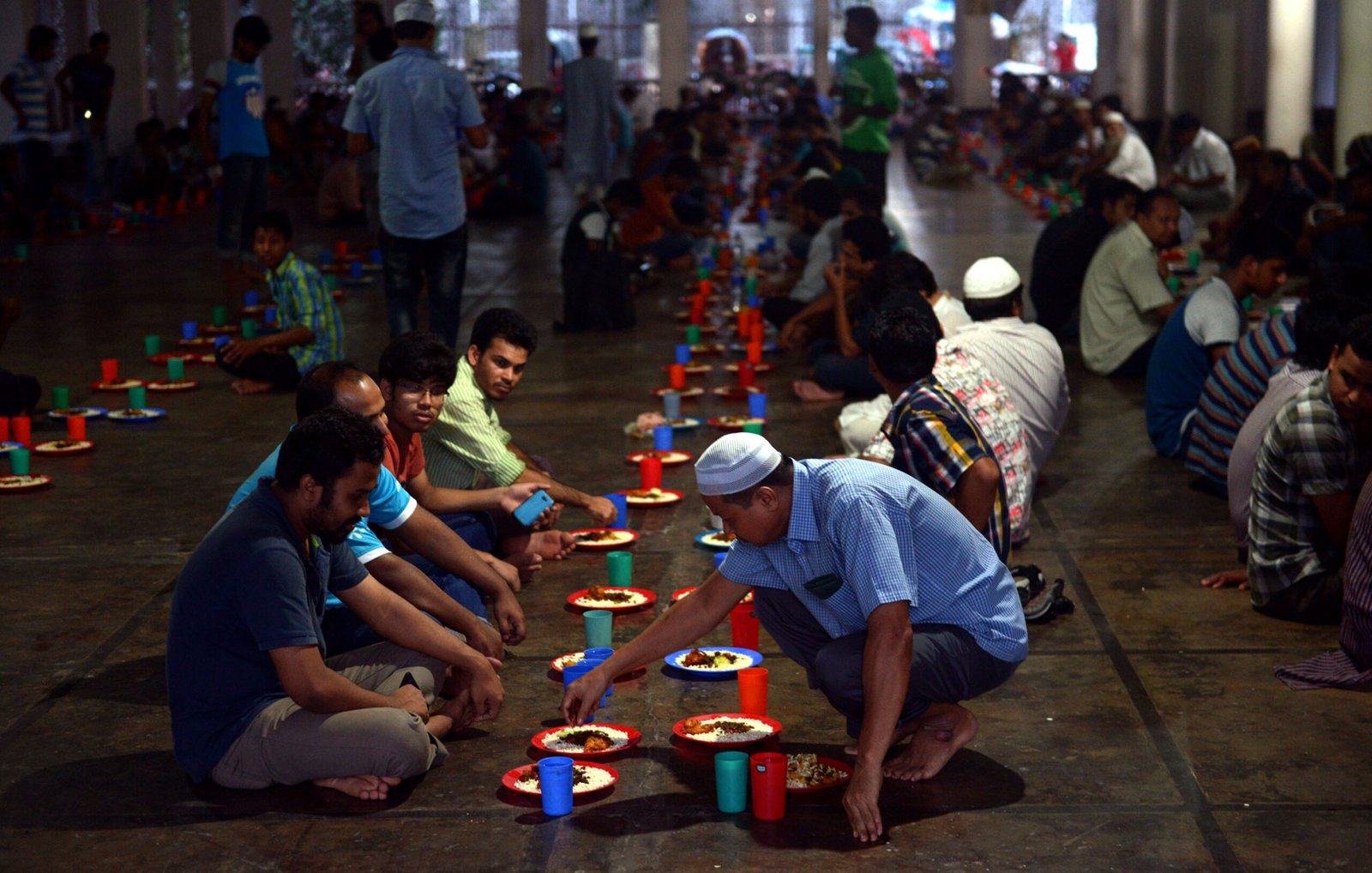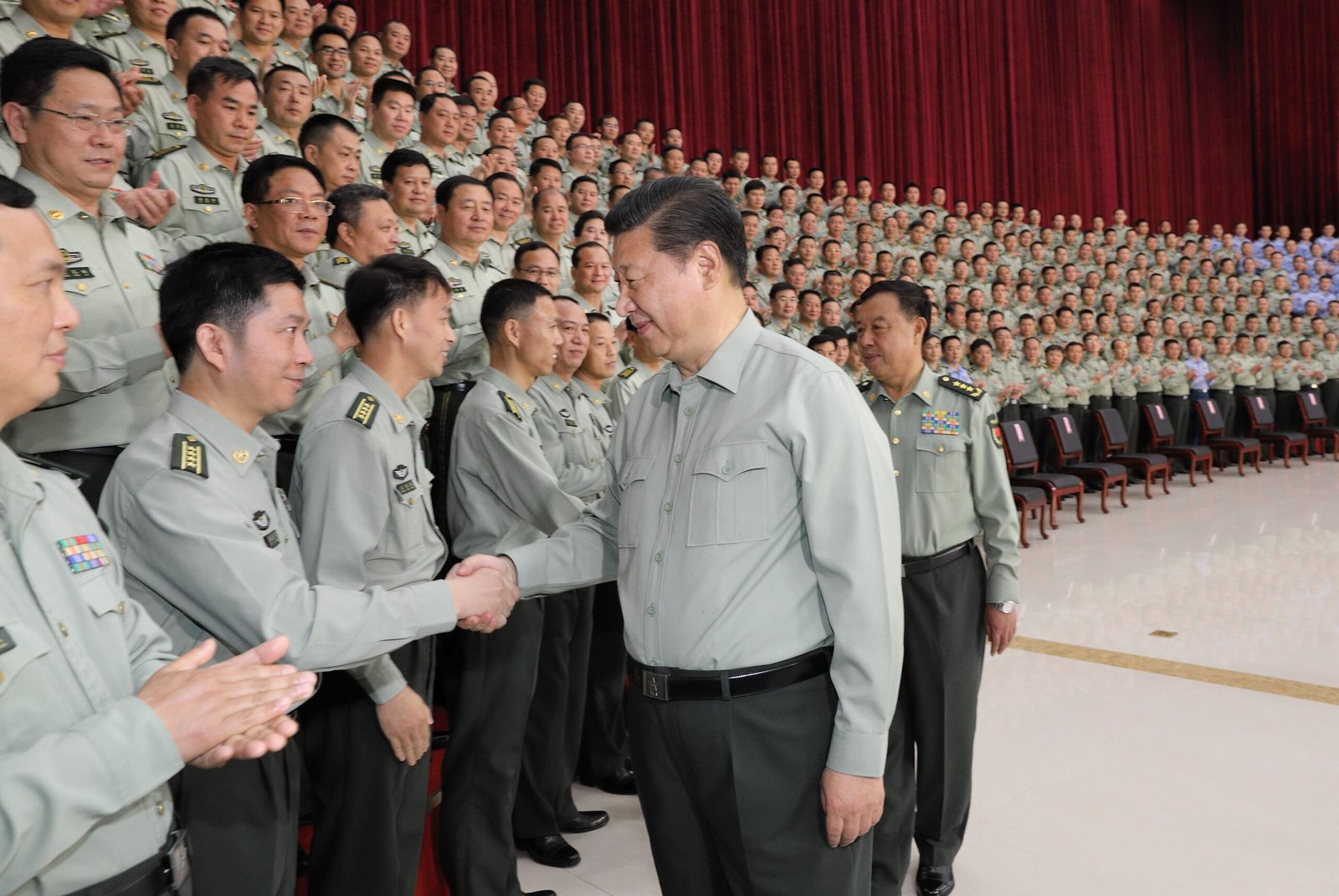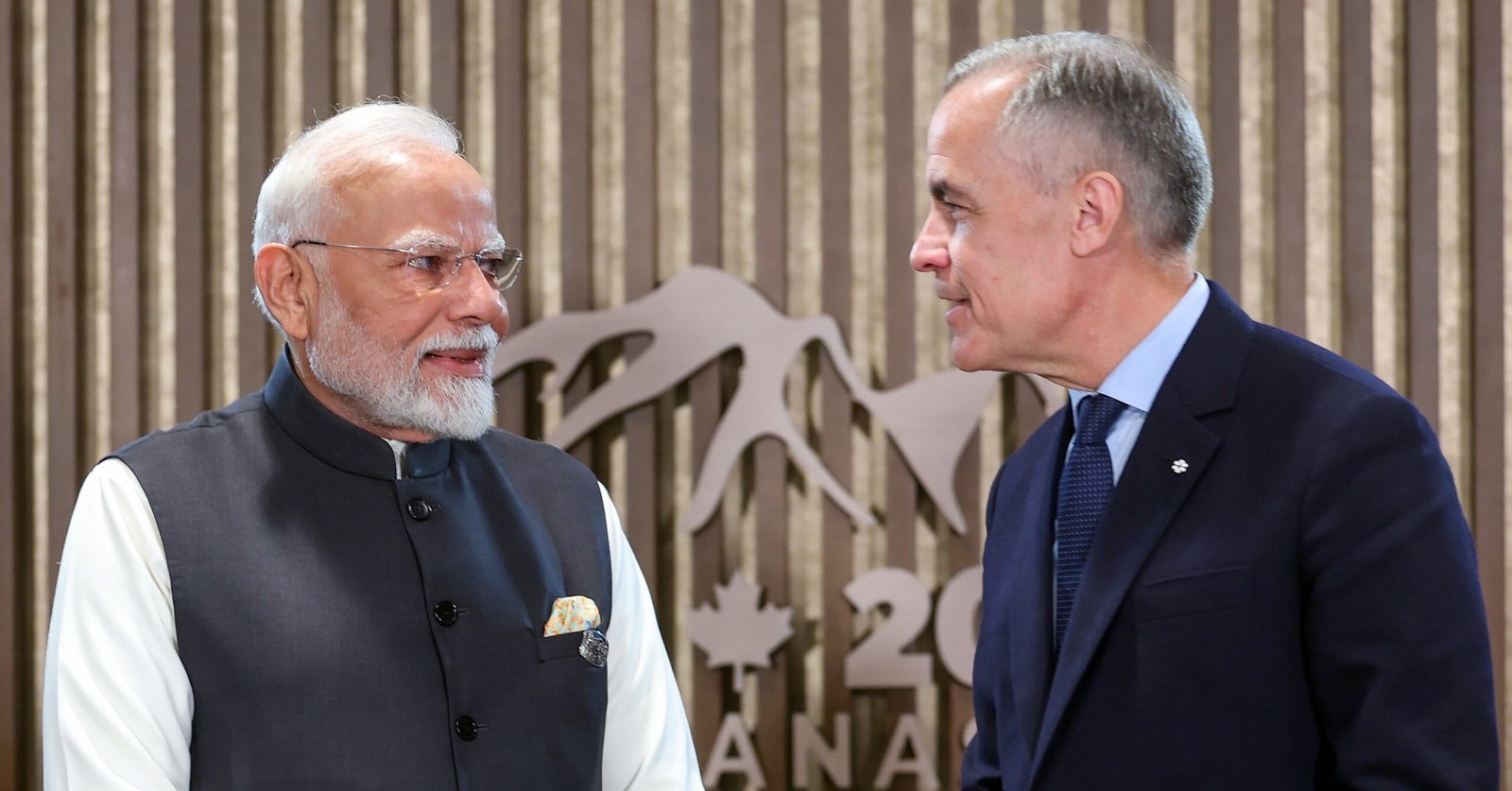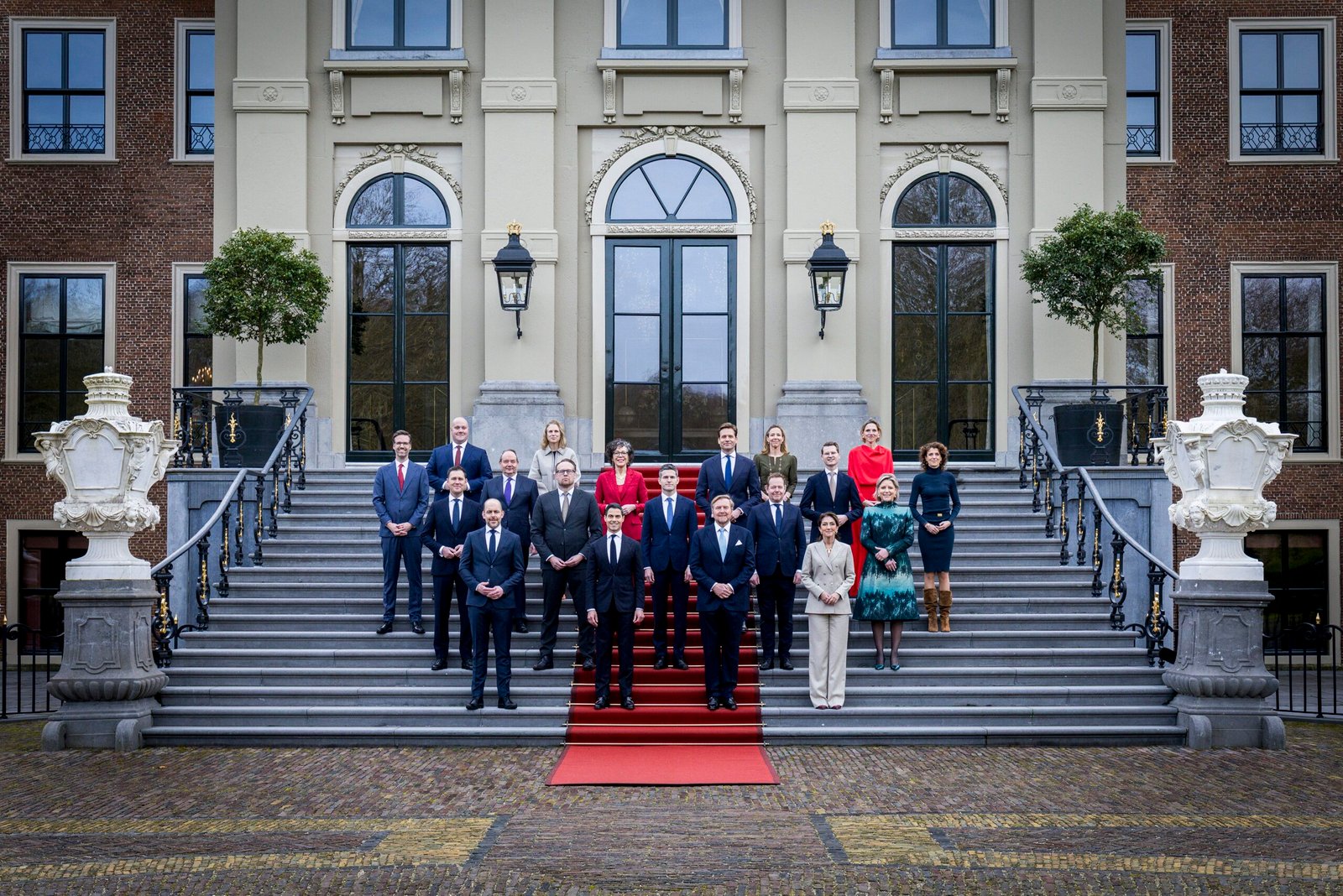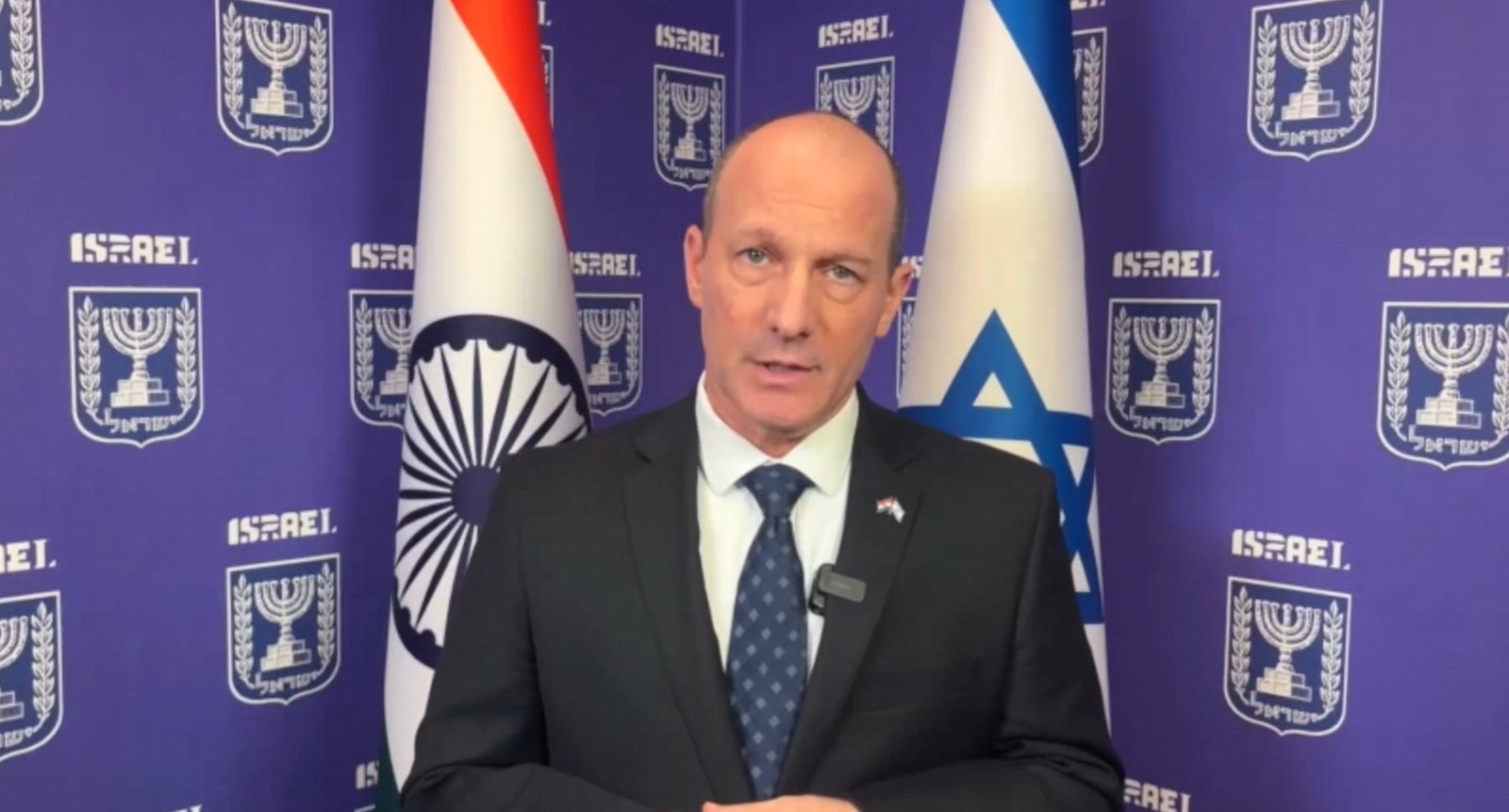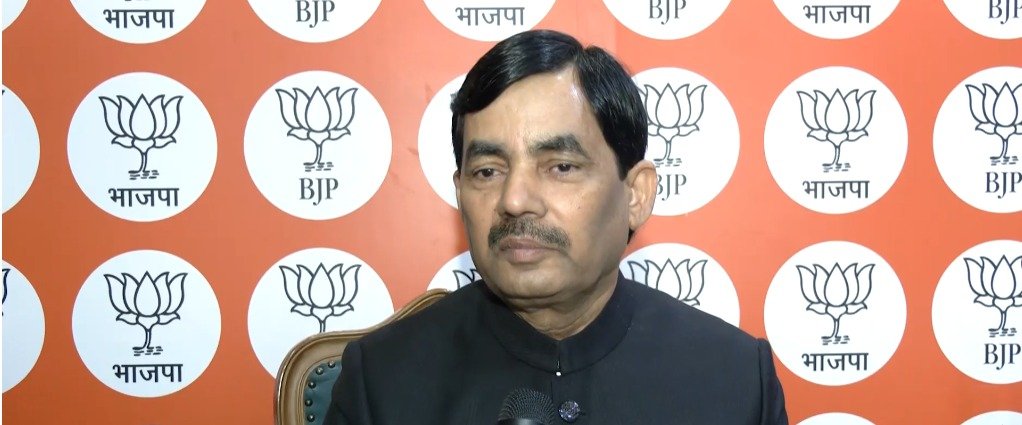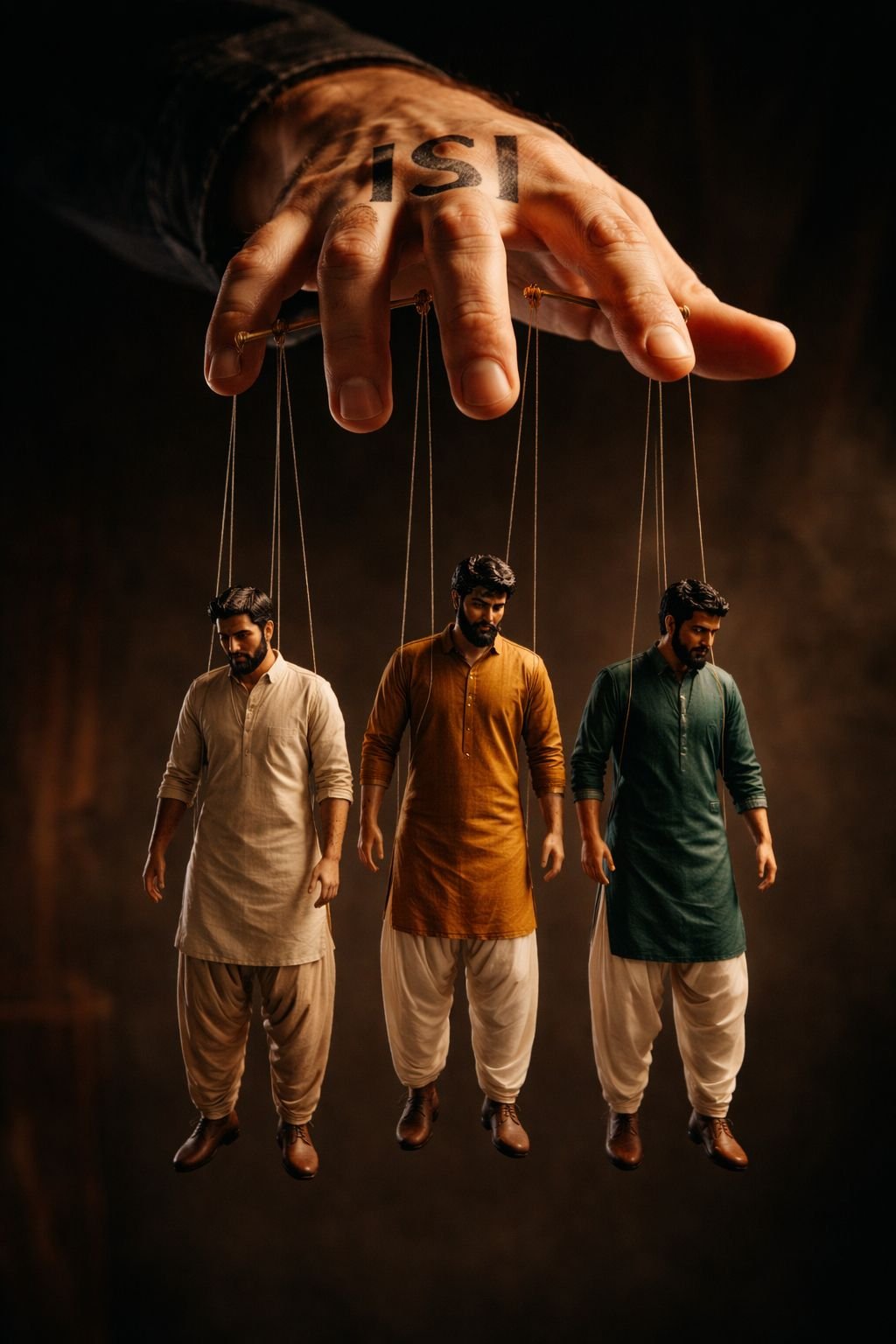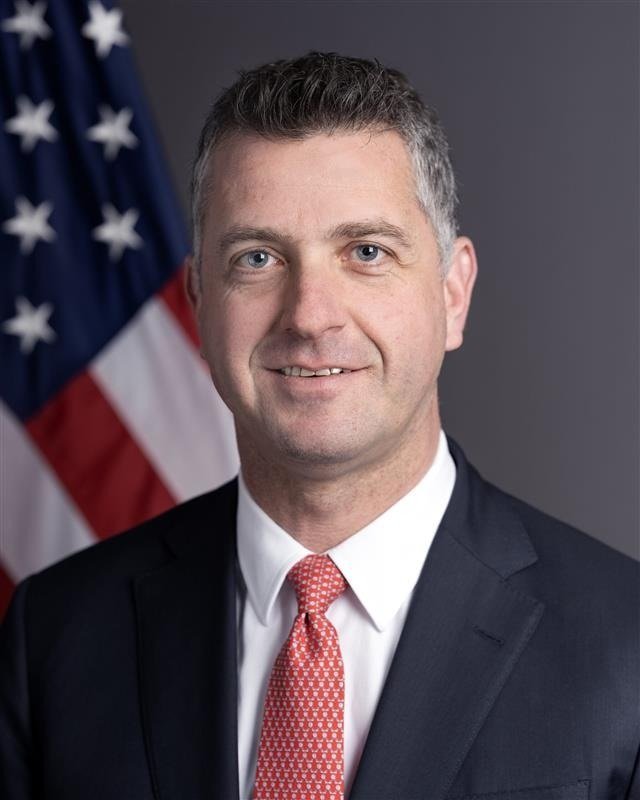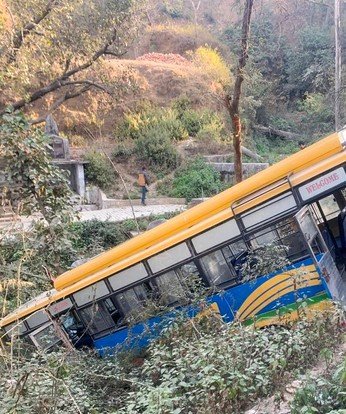
In a significant moment for global politics, Prime Minister Narendra Modi’s recent visit to China for the Shanghai Co-operation Organisation (SCO) summit has put India firmly in the spotlight. This was PM Modi’s first visit to China in seven years, marking an important step in managing the complex relationship between the two Asian giants.
The summit, held in Tianjin, saw the Indian Prime Minister hold crucial one-on-one meetings with Chinese President Xi Jinping and Russian President Vladimir Putin. These talks underscored India’s strategic and independent foreign policy—often described as ‘strategic autonomy’—where it builds friendships based on its own national security and economic interests, without joining any one power bloc.
A major takeaway from the summit was India’s clear message to the US: recent ‘tariff pressures’ from the Trump administration will not force India to change its course. Instead, India is confidently diversifying its trade relationships across the world.
While the SCO was the main event, a massive military parade in Beijing to mark the 80th anniversary of Japan’s WWII surrender also captured global attention. The sight of Xi Jinping, Vladimir Putin, and North Korean leader Kim Jong Un together sent a powerful message of a united anti-US bloc. President Trump quickly reacted, accusing China of ‘conspiring against the US’ and reminding the world of America’s military strength. In response, Putin humorously noted that Trump showed ‘a sense of humour’ with his conspiracy remarks.
On the serious issue of the Ukraine war, President Putin expressed a commitment to peace talks, acknowledging US efforts and saying he sees ‘a certain light at the end of the tunnel’. However, he also sent a firm message to Kyiv, stating he was ready to negotiate but would not hesitate ‘to end it by force’ if needed.
For India-China relations, the summit offered a chance to slowly rebuild trust that was damaged after the Galwan clash. PM Modi stressed that ‘bilateral ties should not be seen through a third country lens’, and both nations jointly opposed ‘unilateral bullying’—a clear reference to Trump’s tariff policies. While border issues remain, both leaders agreed that these disputes should not hold the entire relationship hostage.
Meanwhile, trade talks between India and the US have hit a pause after the latest round was postponed due to tariff disagreements. Despite this, Commerce Minister Piyush Goyal expressed optimism that a deal could be reached soon. President Trump, while refusing to lower what India calls ‘unjustified tariffs’, also added that the US ‘gets along with India very well’.
India is navigating this tricky global landscape with strategic patience. It continues to buy oil from Russia based on its national interest and is actively exploring new trade partnerships across Europe and Eurasia. As the world moves into a new era of smart diplomacy, India is positioned strongly to protect its interests and enhance its standing as a major global power.






